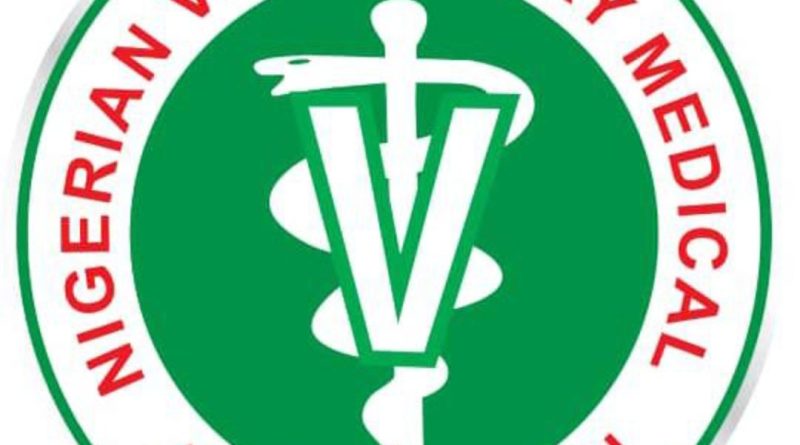‘Nigeria a livestock powerhouse with 400m animals’ – Veterinary Medical Association
The President of the Nigerian Veterinary Medical Association, NVMA, Dr Moses Arokoya, has described Nigeria as a livestock powerhouse with over 400 million animals, a resource base he said could transform the country’s economy and guarantee food self-sufficiency if properly harnessed.
Dr. Arokoya made this known on Tuesday in Jalingo, the capital of Taraba State, during the 61st Annual General Meeting, AGM, of the association.
Citing 2023 statistics, he disclosed that Africa has about 522 million goats, Nigeria alone accounting for 89 million, meaning one out of every six goats on the continent is in Nigeria.
Despite this huge potential, Arokoya lamented that the livestock industry still faces challenges such as inadequate manpower and limited government investment, which have prevented the sector from realising its full potential.
Declaring the AGM open, the Taraba State Governor, Dr. Agbu Kefas, represented by the Speaker of the House of Assembly, John Kizito, said hosting the NVMA meeting in Taraba was a deliberate choice, given the state’s rich livestock resources.
Governor Kefas reaffirmed his administration’s commitment to supporting veterinary services and promoting animal health across the state.
Emphasising that veterinarians play a critical role in food safety and economic development, he announced the completion of the Jalingo abattoir and the establishment of frameworks to promote peaceful coexistence between farmers and herders in Taraba.
Also speaking, the Minister of Livestock Development, represented by the Chief Veterinary Officer of Nigeria, Dr. Samuel Anzaku, praised the NVMA for sustaining its annual intellectual engagements, describing the AGM as a vital platform for reflection and professional growth.
He reiterated that the ministry’s goal is to transform Nigeria’s livestock sector into a sustainable and globally competitive industry, in line with the veterinary profession’s mandate to safeguard animal health, ensure food safety, and protect public health.
